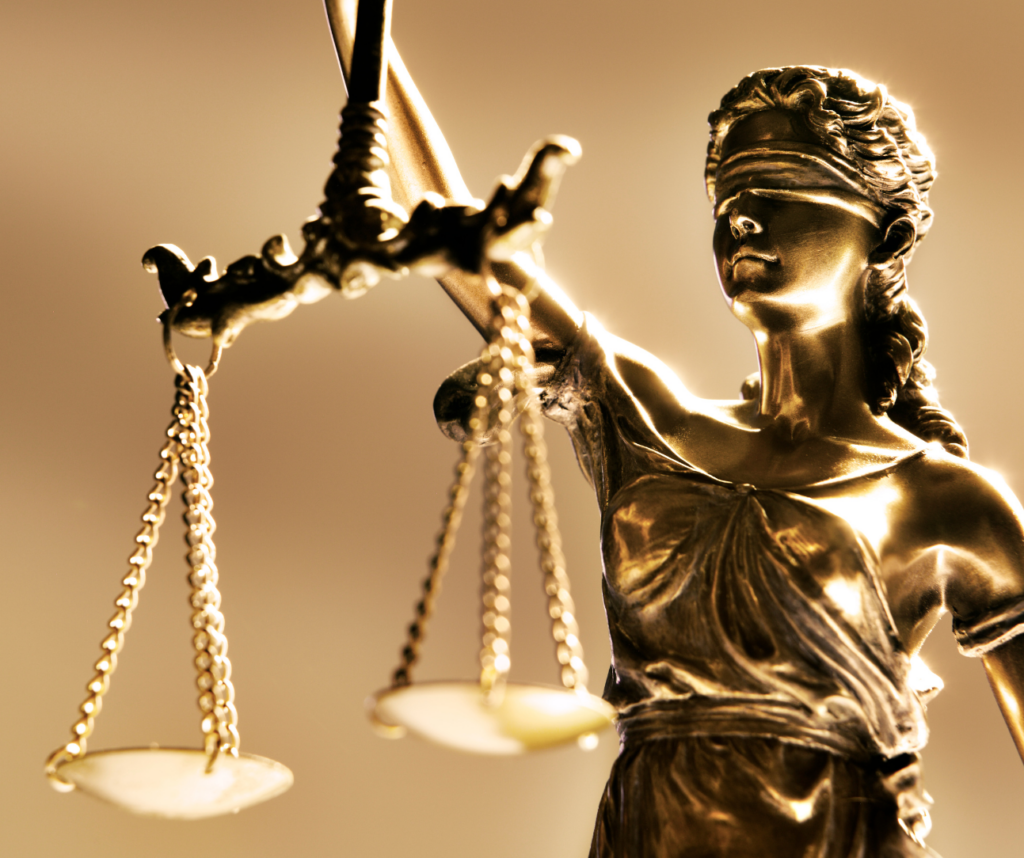If you’re looking to poison someone, you don’t just go up to them and say, “Hey, here’s some poison. I think you should take it.”
No, if you’re really serious about doing the deed, you slip the poison into something that’s good to eat or drink and then offer it to your intended target – with, of course, no mention of the deadly substance concealed within.
The same principle applies if you’re trying to sneak poisonous ideas into someone else’s head.
First you need something good (a good idea, if you will) to provide some camouflage for the bad stuff.
And in the realm of ideas, what could be more benign than opposing racism?
Racism is, of course, evil – one of the greatest evils and most shameful stains on both American history and human history as a whole. Most people would agree with that (regardless of their skin pigmentation), and opposing such an evil is the moral obligation of anyone who considers him or herself a good person.
With all that said, I’m going to go out on a limb here. I fully realize that I’m obviously a white guy (mostly Caucasian with a splash of Cherokee), and I’m aware that, given the current PC environment, there are some things I probably shouldn’t try to talk about in a public forum. But on the risk of being cancelled as a triggered, fragile, whitesplaining denier of my own implicit bias and privilege, I’m going to come right on out and say what I’m not allowed to say.
Critical Race Theory is an ideological poison being mass-marketed to the American people as something good.
I would go so far as to say that Critical Race Theory (CRT) is probably the most toxic brain garbage that has ever come seeping out of the halls of American academia.
If you’re familiar with CRT, you’re probably either strongly agreeing with my assessment or trying to figure out how to get me fired and/or publicly shamed. But if not, you’re wondering what the heck I’m talking about.
CRT is basically a school of thought in the social sciences that uses Critical Theory to examine society and culture as they relate to the categories of race, law, and power.
Critical Theory (CT), from which CRT was derived, is a social philosophy which argues that social problems are primarily the product social structures and cultural assumptions, rather than individual and psychological factors.
To put it another way, CT asserts that curing social ills (such as racism and economic inequities) requires that existing social and governmental systems be dismantled and replaced (by something better, presumably) and that changing cultural assumptions requires whole-scale, pervasive (possibly coercive) programs to change the way people think.
If this all sounds a little Marxist to you, that’s because it is. And more than just a little.
CT was originally cooked up by a group of German Marxist scholars in the 1920’s and 30’s, and it was seeded into American academia when some of those scholars fled to the U.S. during the rise of Fascism in Germany prior to WWII. CT soon became a way of promoting and spreading Marxist ideology in American academic circles without coming right out and calling it what it was.
In the 1970’s, CT started gaining ground in law schools around the country in the form of Critical Legal Theory (CLT) – which basically seeks to dismantle our legal system by decriminalizing crime and portraying those who commit crime as the true victims of an unjust system. Over the next decade or so, CRT emerged from CLT as the focus turned increasingly to issues of race and racial identity.
CRT takes Marxism’s obsessive focus on economic class struggle and replaces it with a struggle between oppressed racial groups and their oppressors as the centerpiece of all human history – and it uses this as justification for encouraging revolutionary activism in order to overthrow systems of racial oppression and re-educate the general population.
In true totalitarian fashion, CRT denies the importance (or even the meaningful existence) of individual rights and freedoms and reduces all people to mere members of identity groups. It demands that every aspect of society and every human interaction be constantly scrutinized through the lens of race, and it assumes the presence of racism in every situation without exception. And, according to CRT doctrine, anyone who challenges or questions any aspect of CRT does so only to protect and preserve racial privilege and systemically racist institutions.
CRT quickly picked up traction on American college campuses until it became almost universally accepted as the only legitimate way of addressing and analyzing racial issues. And in the past several years (in case you haven’t noticed), CRT has broken out into mainstream American society and culture in a really big way.
This ideology and its terminology are everywhere now. It’s in education at all levels. It has been incorporated into the language of government, politics, law, business, and almost every field of learning. It’s the main engine driving identity politics, and far too many politicians, corporate leaders, and major media figures are either aggressively pushing or timidly bowing to this stuff.
Forgive me for wanton hyperbole, but CRT seems to be taking over the world. And if this twisted, deeply cynical way of looking at people and society is going to be resisted, that window for resistance appears to be closing fast.
But I’m not asking anyone to just take my word regarding CRT. I strongly encourage everyone, especially those working in the field of education, to do some research on their own and look deeper than the standard media narratives and all the propaganda floating around out there. But be careful. Reading CRT literature can tie your brain up in a knot. This stuff is highly manipulative, and it’s intentionally designed to leverage your own good intentions against you.
Dr. James Lindsay and Art Keller have provided some valuable insights into CRT that can probably still be found on the internet. And go online and check out what is currently being taught to students as young as kindergarten age in the Buffalo Public School System.
And you might take the time to read some of the writings of the late Wyatt Tee Walker, a hero of the Civil Rights Movement, who late in his life was outspoken in his opposition to CRT. Walker recognized that the central premises of CRT cannot be reconciled with Dr. Martin Luther King’s dream that all people should be judged by the content of their character, rather than the color of their skin.
Critical Race Theory, on the other hand, puts little to no emphasis on character and elevates racial identity as the only thing that really matters. And that, in my view, is the very definition of racism.







